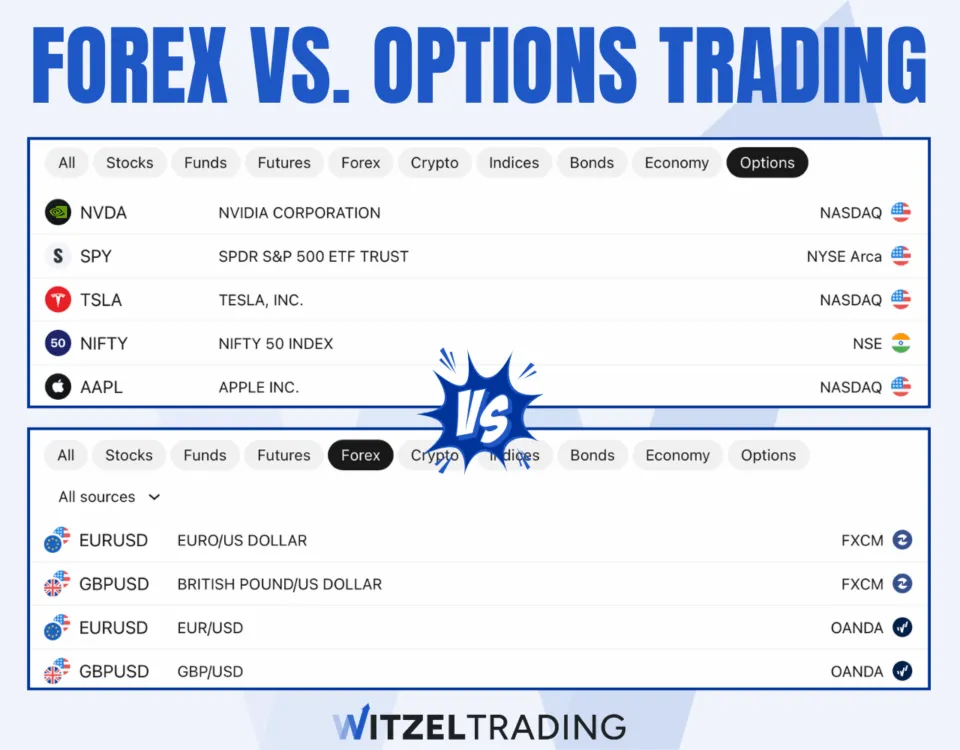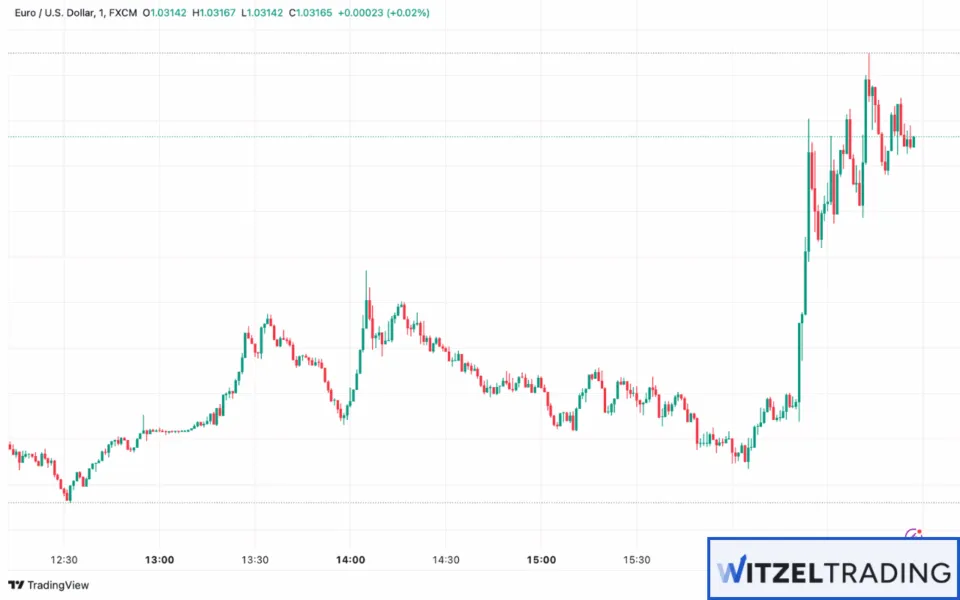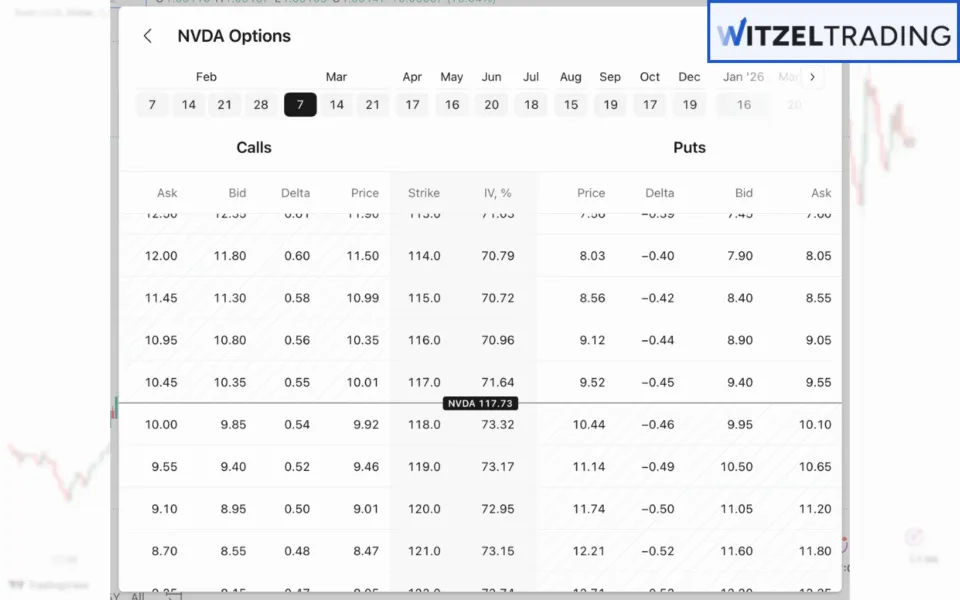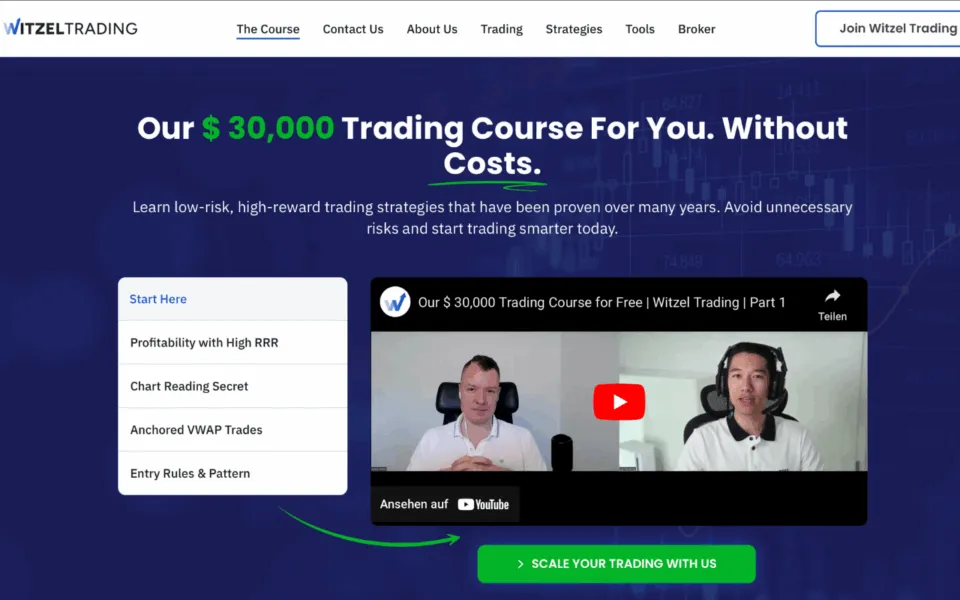Forex trading involves the buying and selling of currencies in the global marketplace, whereas options trading will give you the right (but without obligation) to buy or sell an underlying asset at a predetermined price before or on a specific expiration date. Forex traders speculate on currency pair movements, aiming to profit from fluctuations in exchange rates, and the forex market operates 24 hours a day, five days a week, providing continuous trading opportunities.

Options, on the other hand, can be based on various assets, including stocks, commodities, and currencies, and they are versatile instruments used for hedging or speculative purposes.
| Specification | Forex trading | Options trading |
|---|---|---|
| Minimum Investment | Varies by broker, can start with low amounts due to leverage | Depends on the option’s premium, can be low but varies |
| Time Limit | No fixed expiration, positions can be held as long as desired | Defined expiration dates (weekly, monthly, quarterly) |
| Brokers | Specialized forex brokers (ensure they are regulated) | Stockbrokers or specialized options brokers, must be regulated |
| Risk | High due to leverage and market volatility | Limited to the premium paid (for buyers), potentially unlimited (for sellers) |
| Reward | Potentially high, proportional to market movements and leverage | Potentially high, depends on option type and market movements |
| Regulation | Varies by country, important to choose regulated brokers | Varies by country, options exchanges are typically regulated |
| Leverage | High leverage available, increases both potential profit and risk | No leverage inherent in options, leverage effect achieved through option contracts |
What is Forex Trading?
Forex trading entails the exchange of one currency for another in the foreign exchange market, which is the largest and most liquid financial market globally. Participants include banks, financial institutions, corporations, governments, and individual traders, and the primary objective is to profit from changes in currency exchange rates.

Key features of the Forex Market
- Currency pairs. Currencies are traded in pairs (like EUR/USD or USD/JPY), representing the value of one currency relative to another.
- Leverage. Forex brokers often offer significant leverage, allowing you to control large positions with a relatively small capital outlay.
- Market hours. The forex market operates continuously during the week, opening on Sunday evening and closing on Friday night (UTC), covering major financial centers across different time zones.
What are Options?
Options are financial derivatives that grant the holder the right, but not the obligation, to buy (call option) or sell (put option) an underlying asset at a predetermined price (the strike price) within a specific time frame. Options are largely utilized for hedging risks or for speculative purposes.
Many traders also find a niche in trading only options, based on their trading style and individual predisposition, but trading derivatives comes without forex trading’s ability to limit losses (you’re either in the money or not with options).

Types of Options
- Call options. Call options give you the right to buy the underlying asset at the strike price.
- Put options. These give you the right to sell the underlying asset at the strike price.
Can You Trade Options on Forex?
Yes, options can be traded on forex (known as forex options). These contracts will give you the right, but not the obligation, to exchange a currency pair at a specified rate on or before a set date.
Forex options are typically traded over-the-counter (OTC), allowing for the customization of contract terms, including the expiration date and the strike price.
How it works:
- Contract specifications. You can customize the contract size, strike price, and expiration date to align with your trading strategies and risk tolerance.
- Premium. You’ll pay a premium to the seller (writer) for the option, and this premium is influenced by factors such as volatility, time to expiration, and the current exchange rate relative to the strike price.
- Exercise. If the option is favorable upon expiration, you can exercise it to realize a profit and, if not, the option can expire worthless, limiting your losses to the premium paid.
What are the Similarities Between Options and Forex?
Despite their differences, forex and options trading do share several similarities, and these include:
- Speculative nature. Both markets allow you to speculate on price movements to achieve profits.
- Market analysis. Success in both requires a solid understanding of market analysis techniques, including technical and fundamental analysis, and both demand thorough research and disciplined trading.
- Risk management. Effective risk management strategies are crucial in both markets to mitigate potential losses.
- Accessibility. Advancements in technology have made both markets highly accessible to individual traders through online platforms.
Pros and Cons of Forex Trading
Pros
- Liquidity
- Leverage
- Low transaction costs
- 24/5 market
Cons
- High risk
- Complex market dynamics
- Potential for overtrading
The pros of forex trading versus any other kind of trading include:
- Liquidity. The forex market’s high liquidity ensures that trades can be executed swiftly without significant price distortions-something forex traders take for granted but not necessarily a given in other types of trading.
- Leverage. Availability of high leverage enables you to amplify your positions, potentially increasing profits by trading with the brokerage’s money.
- Low transaction costs. Generally, forex trading involves low transaction costs, making it cost-effective and often therefore highly appealing as an entry point for newcomers to the financial markets.
- 24/5 market. The forex market’s continuous operation during weekdays allows you a great flexibility in choosing your trading times.
The cons of forex trading include:
- High risk. The use of leverage in forex trading can magnify your losses as well as your gains, leading to significant financial risk.
- Complex market dynamics. The forex market is influenced by numerous factors, including geopolitical events and economic indicators, alongside the plays of institutional and/or government actors, making it complex to analyze.
- Potential for overtrading. The forex market’s constant availability may encourage overtrading, leading to increased risk exposure and/or other corruption of your trading strategies.
Pros and Cons of Options Trading
Pros
- Defined risk for buyers
- Flexibility
- Leverage without borrowing
- Hedging
Cons
- Complexity
- Time decay risk
- Higher costs for certain strategies
- Unlimited risk for sellers
Pros of options trading would be:
- Defined risk for buyers. The maximum loss for an options buyer is limited to the premium paid for the contract, making it a more controlled way to trade compared to leveraged forex positions.
- Flexibility. Options can be used for a variety of strategies, including hedging, income generation (like writing covered calls), and also pure speculation.
- Leverage without borrowing. Options do offer leverage, because a small premium can control a large position )unlike forex leverage, this doesn’t involve borrowing, so the risk of margin calls is eliminated).
- Hedging. Traders and investors can hedge their portfolios using options to protect against adverse price movements in underlying assets.
The cons of options trading include:
- Complexity. Options have a steep learning curve due to various factors such as delta, theta (time decay), volatility, and strike prices-they do not constitute a beginners arena, as it takes a certain level of experience to juggle these inputs for consistent profitability.
- Time decay risk. The value of an option diminishes as it approaches its expiration date (known as theta decay). If the underlying asset does not move as expected, the option may expire worthless.
- Higher costs for certain strategies. The premium paid for options can sometimes make them expensive, particularly during periods of high market volatility.
- Limited availability for some assets. While options are available for many underlying assets, they may not be offered for all securities or exotic assets.
- Unlimited risk for sellers (writers). Selling (writing) options can expose a trader to theoretically unlimited risk, particularly when writing naked (uncovered) options.
Conclusion: Forex Trading vs. Options Trading
The choice between forex trading and options trading largely depends on your financial goals, risk tolerance, and trading expertise. Both markets offer unique opportunities and challenges:
- Forex Trading is ideal if you prefer high liquidity, round-the-clock markets, and fast-paced trading. It does, however, come with significant risks, especially when leverage is employed.
- Options Trading, on the other hand, provides defined risk for buyers, greater strategic flexibility, and the ability to hedge portfolios, but it demands a deeper understanding of complex instruments and time decay dynamics to end up in the money.

There is no definitive answer to which is better – forex or options trading – but a great starting point to figuring out your niche is to enroll in the WR Trading Course, where we can help you identify your strengths and preferences for a profitable trading future.
Ultimately, the “best” between forex and options depends on your trading style, objectives, and experience level, although for active traders, forex trading is likely more appealing due to its liquidity and 24/5 availability. For risk-averse investors, options trading may better suit them because of the ability to define the risk upfront, and being able to hedge existing investments.
For strategic flexibility, options trading does offer more sophisticated strategies, such as spreads, straddles, and covered calls, a fact that typically better suits more advanced traders. Ultimately, the “better” choice comes down to your ability to understand and manage the risks associated with each market.
Regardless of your choice, it’s essential that you experiment in demo accounts and start with small positions in either market to gain confidence before committing significant capital, and this will also give you a genuine feel for both, allowing your preferences to emerge.
Frequently Asked Questions on Forex Trading vs. Options Trading
Can you trade forex options on popular platforms?
Yes, many platforms like IQ Option, Deriv, and CMC Markets offer forex options trading. Forex options trading, however, is typically not as widely available as direct spot forex trading.
What are the main risks in forex trading?
The primary risks include high leverage, market volatility, geopolitical events, and unexpected price gaps. These factors can lead to substantial losses, especially if risk management is not implemented, which is why your greatest trading aid is a rigid discipline surrounding analysis, position size, and use of leverage.
Are options riskier than forex?
Not necessarily. While options trading involves time decay and premium costs, buyers have a capped risk (limited to the premium paid). Forex trading, particularly with high leverage, can result in significant (and potentially unlimited) losses.
Which is more beginner-friendly: forex or options?
Forex trading is often considered more beginner-friendly due to its straightforward concept of buying one currency and selling another. Options, with their various contracts and pricing models, tend to be more complex for newcomers, notwithstanding their capped losses for buyers.
Can you use leverage in options trading?
No-options inherently provide leverage because a small premium controls a large position in the underlying asset. This is different, however, from forex leverage, which involves borrowing capital from brokers.
What is a forex options contract?
A forex options contract gives the buyer the right, but not the obligation, to buy or sell a currency pair at a predetermined rate before or on a specific date. These contracts are often customized in over-the-counter (OTC) markets.


